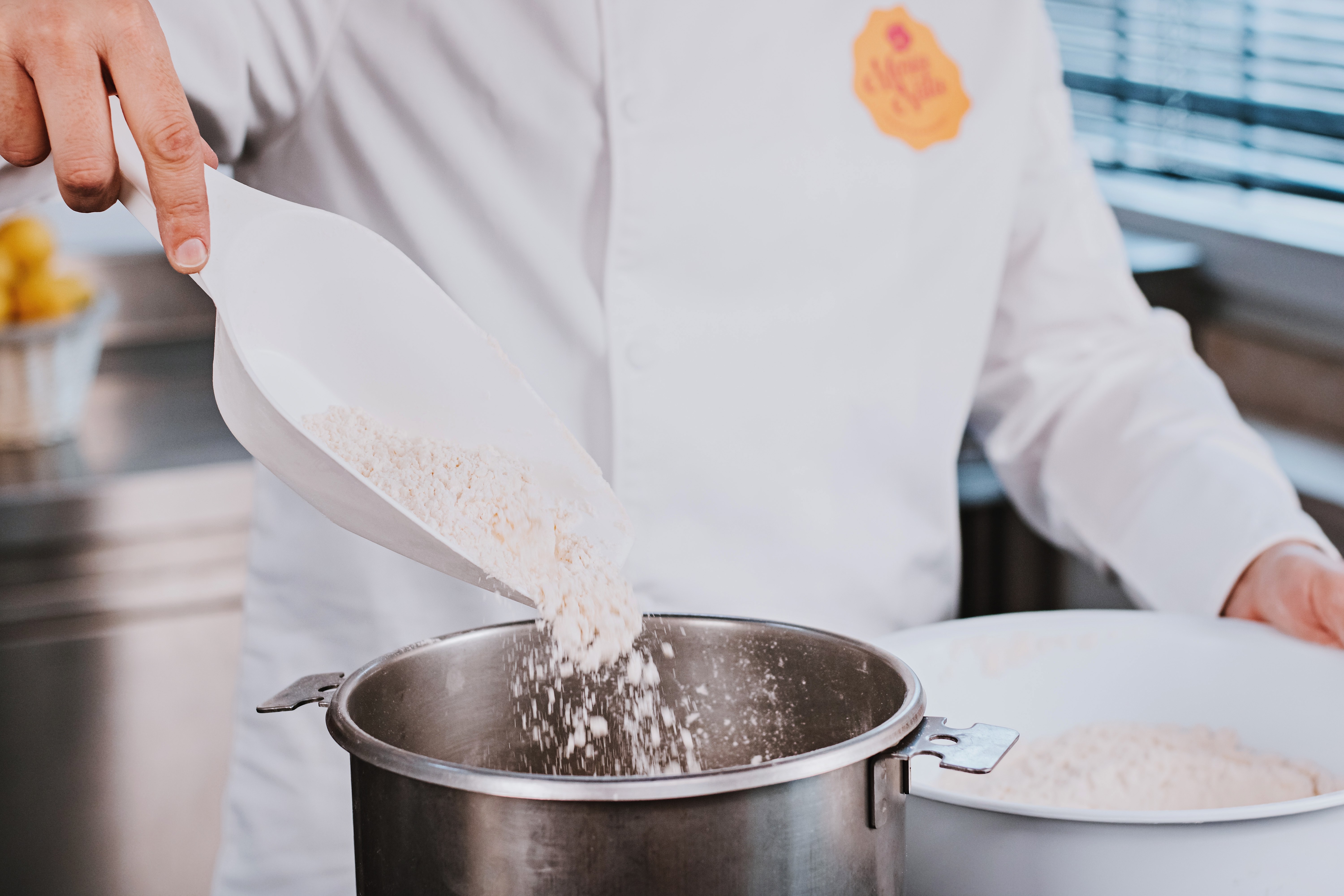The question about palm oil in the baking industry
Running an industrial bakery is a delicate balance between producing beloved baked goods on a large scale while maintaining the artisanal quality customers crave. Cost efficiency is often achieved by purchasing premium ingredients like flour, sugar, and butter in bulk for value. Using large, automated machines rather than mixing in batches allows for larger volumes to be produced efficiently. Big ovens allow high-volume baking, saving time and costs. And freezing fully baked products facilitates storage and distribution.
For large commercial bakeries, choosing the right fats and oils is an important decision impacting both production efficiency and end product quality. Many have opted to use palm oil which offers versatility and practical advantages. Arguably, palm oil lacks the rich flavours of fats like butter or lard traditionally used in baked items, but its neutral flavour and range of fractions can serve diverse baking applications from puff pastries to cookies to cakes.
Palm oil is widely used in packaged baked goods because it contains no trans fats, which are linked to heart disease. It also provides some antioxidants and vitamins. Palm oil's resistance to oxidation also increases shelf life of products - useful for commercial bakeries trying to maximize volume and efficiency.
Sourcing sustainable certified palm oil aims to mitigate environmental impacts. Irresponsible production has contributed to deforestation, habitat loss, and biodiversity decline. But certifications like RSPO (Roundtable on Sustainable Palm Oil) set standards to halt deforestation, protect wildlife, and support smallholder farmers.
Sustainability certifications have already brought meaningful improvements in responsible production, including reducing rainforest degradation and protecting vulnerable peatlands while also upholding labor rights, resolving land disputes, and enabling traceability. To achieve RSPO certification, producers must meet strict sustainable criteria. The scheme has worked to train smallholder farmers to improve yields sustainably while sharing palm oil profits. Growing demand for supply chain transparency is pushing companies to disclose palm oil supplier details, allowing full traceability.
As major corporations commit to 100% certified sustainable palm oil, this incentivizes more producers to pursue certification, expanding sustainability across the sector and catalysing impactful changes on the ground. Boycotting palm oil could hurt livelihoods of smallholder farmers in developing countries who depend on it. While progress has been made, continued effort by all stakeholders is needed to drive ongoing improvement.
Many beloved pastries use palm oil for different and often the right reasons. Quality assurance and food safety are top priorities, but the human touch still rules our baking. In the end, creating joy through baked goods is an art - one we've proudly perfected at scale while preserving the essence of craft that makes everything taste so amazing.






